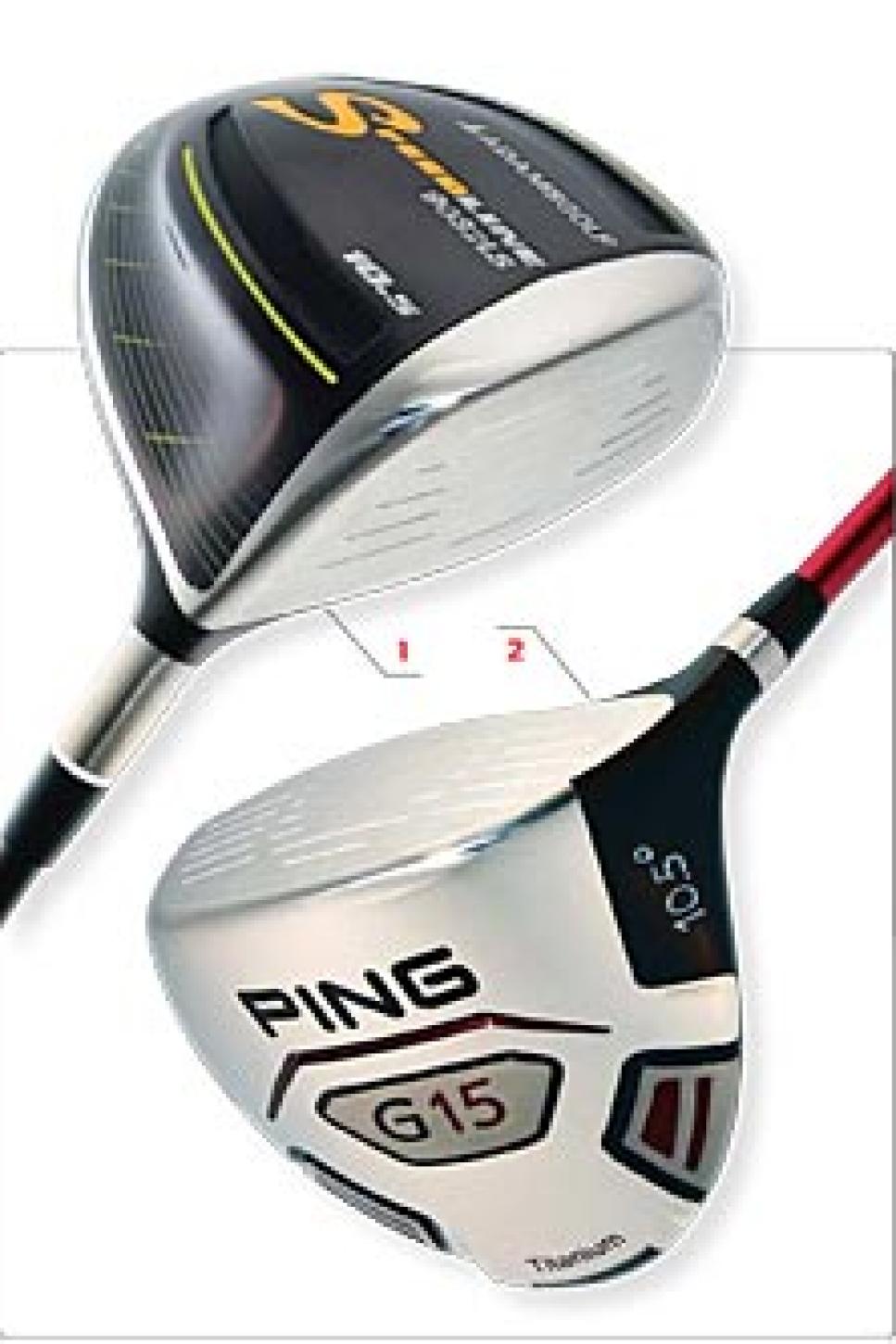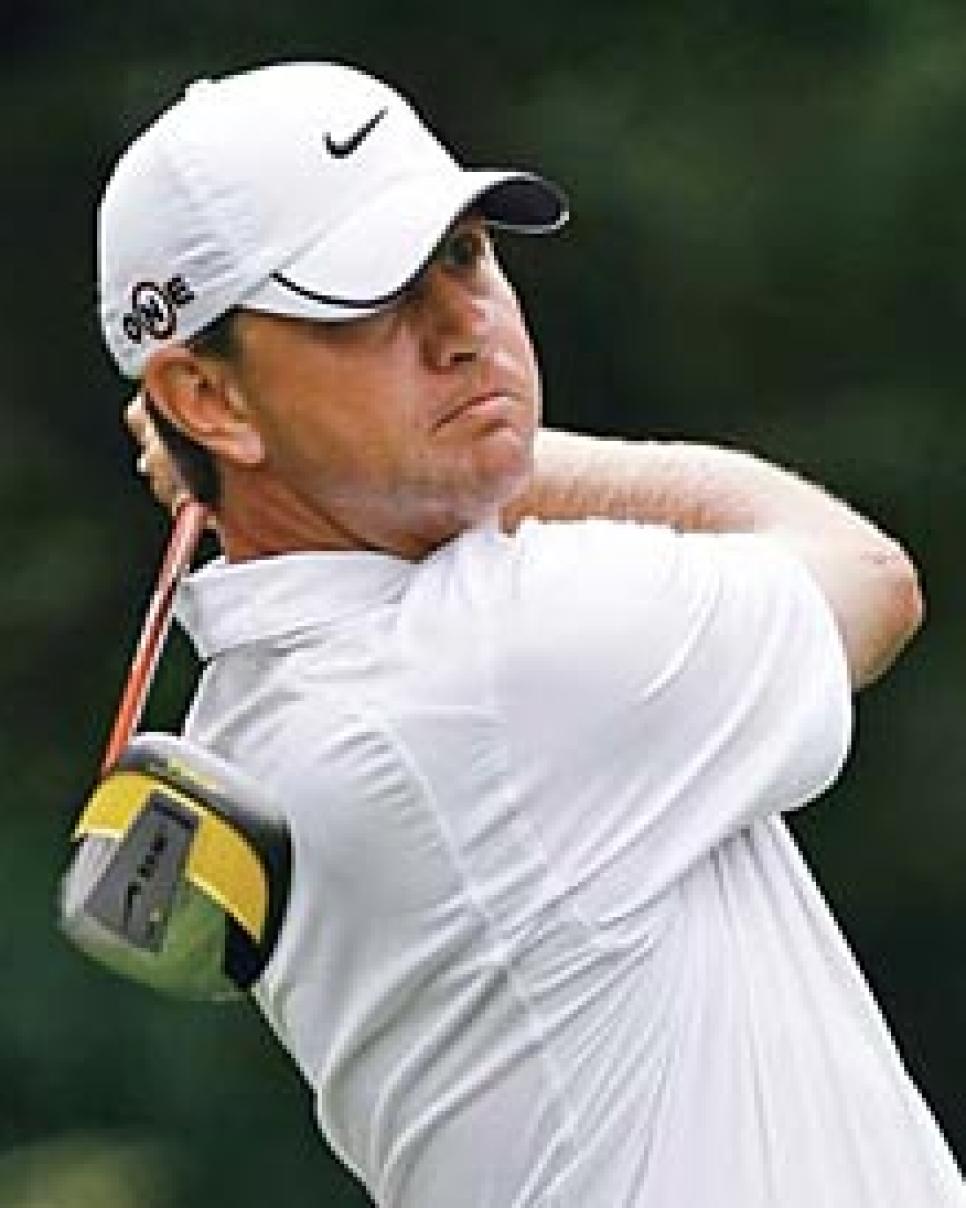Equipment
Lucas Glover's Driver

GOUGE: Easy, you're not Lucas Glover. Actually, you don't need a new driver if you've been perfectly fit for your current post-2007 model and you never miss the sweet spot -- ever. The fact is, technological innovation is a moving target (hence the updated models from Adams and Ping, right). In addition, improvements in one area of equipment often lead to a change in another area. For example, a driver that produces low spin might require a shaft that helps launch the ball higher. You also might need a different driver loft depending on the ball you use. And any swing change usually requires optimally matched equipment. Because you can see differences so easily on a launch monitor, the answer to old versus new seems obvious, no?
BOMB: Go ahead and tout technology, my friend, and for the most part you're right. But there is a place for slightly older clubs. Tour pros seem to have an affinity for older drivers. Consider that 48 of the 120 drivers used at the Memorial Tournament in May were introduced more than a year ago. (Briny Baird's TaylorMade 300 is nine years old.) A custom-fit driver from one or two years ago will work for a tour pro, and it can perform well for the average player, too. Now, are you squeezing every last drop from the technology faucet? No. But it might be that the driver's shape appeals to you, or the head-and-shaft combination fits your swing just right. If you use a driver that is more than two years old, you're probably sacrificing performance. However, if your current driver gives you confidence, that's probably worth more than any technological improvement you can get from the latest equipment.

Glover's Nike SQ Sumo Tour came out more than a year ago.
1 ADAMS has added the low-spinning 9032LS to its family of Speedline drivers. The side scallops are designed to decrease aerodynamic drag during the swing, and the driver face is 17 percent larger than the previous version ($370, adamsgolf.com).
2 The PING G15, the fourth in the G-series, has an elongated head to provide stability on off-center hits and to improve ball-speed consistency across the face. Five grams of weight were taken from the shaft and distributed along the back perimeter of the head ($300, pinggolf.com).
Bomb (aka E. Michael Johnson, the Equipment Editor for Golf World) and Gouge (aka Mike Stachura, Equipment Editor for Golf Digest) answer your equipment questions online.